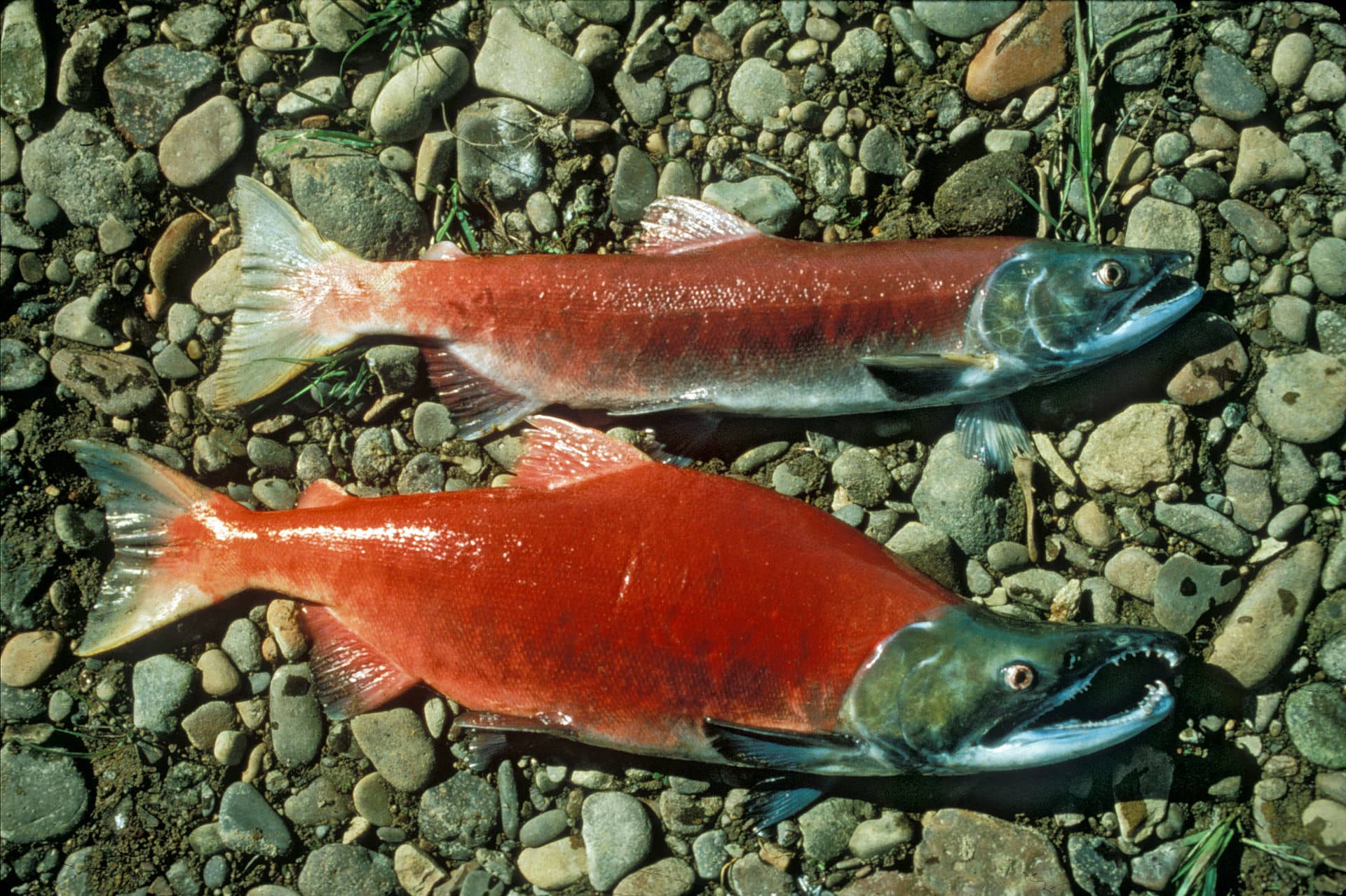Study: Burst Swimming Causes Mortality in Salmon
OutdoorHub Reporters 08.26.14

Even on paper, the process of a salmon migration is daunting. Despite being in peak condition, the gamut of predators, rapids, and strong currents can tax the most resilient of salmon. Frequently, the fish power through turbulent waters with “burst swimming,” a behavior that scientists at the University of British Columbia (UBC) say is not unlike sprinting for humans. Unfortunately, researchers found that this energetic form of swimming is much more likely to result in the salmon’s demise before reaching its spawning grounds.
According to a study recently published in Physiology and Biochemical Zoology, scientists at UBC discovered that salmon undergoing burst swimming consume more oxygen and energy, creating excess stress metabolites such as lactic acid in their blood. This buildup eventually leads to cardiac collapse or even heart attacks in a phenomenon that researchers call “delayed mortality.”
“Days after sockeye passed through extremely fast-moving water, we started to see fish dying only a short distance from their spawning grounds,” the study’s lead author Nicholas Burnett said in a press release.
The researchers conducted the study by attaching accelerometer transmitters, which record the fish’s speed and oxygen consumption, to a number of returning salmon. The fish were released in southwestern British Columbia and their routes mapped. Not surprisingly, the salmon that took more turbulent paths towards their spawning grounds had a higher mortality rate than fish that took slower routes. Scientists also found that female salmon were especially sensitive to the effects of burst swimming, and more likely to succumb to cardiac collapse than males.
“We now understand how this important but energetically costly swimming behavior can impact the survival of sockeye during their upstream migration,” Burnett said.
Researchers say the results of the study highlight the importance of easy access for salmon, especially across man-made obstacles such as dams.

